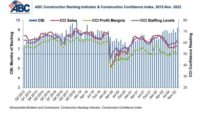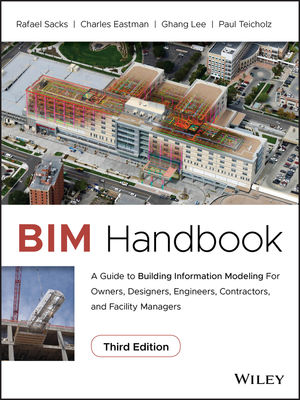All major categories of construction spending increased in July and total construction reached the highest level since December 2008, according to the AGC.
“It is encouraging to see signs of a broad-based recovery in private construction along with a recovery — at least for now — in public construction investment,” said Ken Simonson, chief economist for the Associated General Contractors of America. “Private nonresidential construction should remain strong through the rest of 2014 and beyond, while residential spending is likely to keep growing, though at a more moderate pace. However, funding is still inadequate for needed public infrastructure improvements.”
Construction spending in July totaled $981 billion at a seasonally adjusted annual rate, up 1.8% from the June total, which was revised substantially higher than the initial estimate, Simonson noted. The July total was 8.2% higher than in July 2013. Private nonresidential spending increased 2.1% from June and 14% from a year earlier, while private residential spending grew 0.7% for the month and 8% year-over-year.
Public construction spending rose 3% from June to July and 2.1% year-over-year; nevertheless, public construction for the first seven months of 2014 combined remained 0.1% below the total for the same period in 2013.
“The largest private nonresidential categories showed robust year-over-year growth, as did both single- and multifamily housing,” Simonson commented. “The dominant public segments — highway and educational construction — also did well in July, though their performance has been mixed year-to-date.”
The largest private nonresidential type, power construction — which includes oil and gas fields and pipelines as well as electric power — soared 7.5% in July and 29% from a year earlier, Simonson noted.
Manufacturing construction jumped 4.4% and 25%, respectively. Single-family home construction gained 0.5% and 9.4%, while multifamily spending rose 0.2% and 41%. Highway and street construction was up 6.9% for the month, 3% percent year-over-year and 3.1% for the first seven months combined. Public educational construction climbed 1.6% from June and 0.6% from July 2013 but declined 1.5% year-to-date.
Association officials said the spending figures were welcome news for the industry, but cautioned that worker shortages are likely to get more severe as demand continues to expand. They noted that a survey the association conducted with SmartBrief found that 25% of responding firms report they have already turned down projects because of labor shortages while two-thirds say they are having a hard time finding workers.
“As demand for construction rebounds, many firms are finding that the pool of available workers is pretty shallow,” said Stephen E. Sandherr, the association’s chief executive officer. “Retiring older workers, strong demand in other sectors of the economy and few younger people seeking careers in construction are combining to create workforce shortages for many construction firms.”






